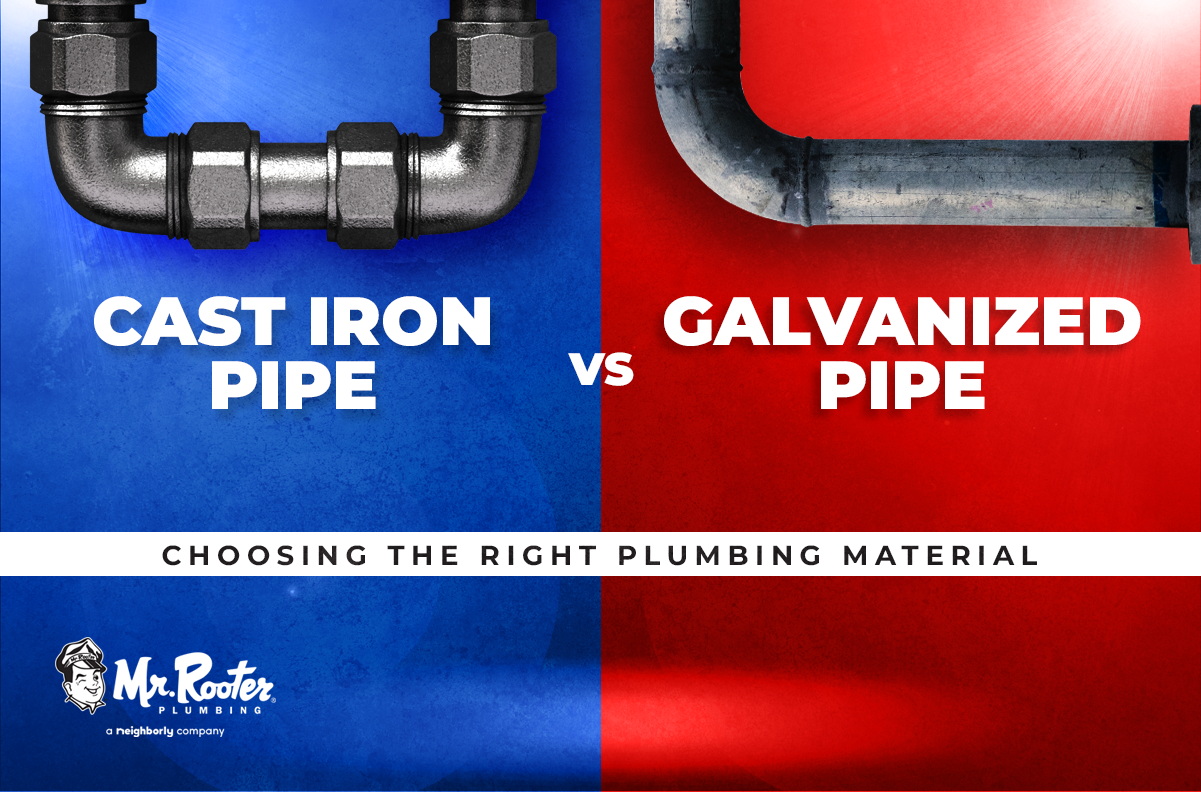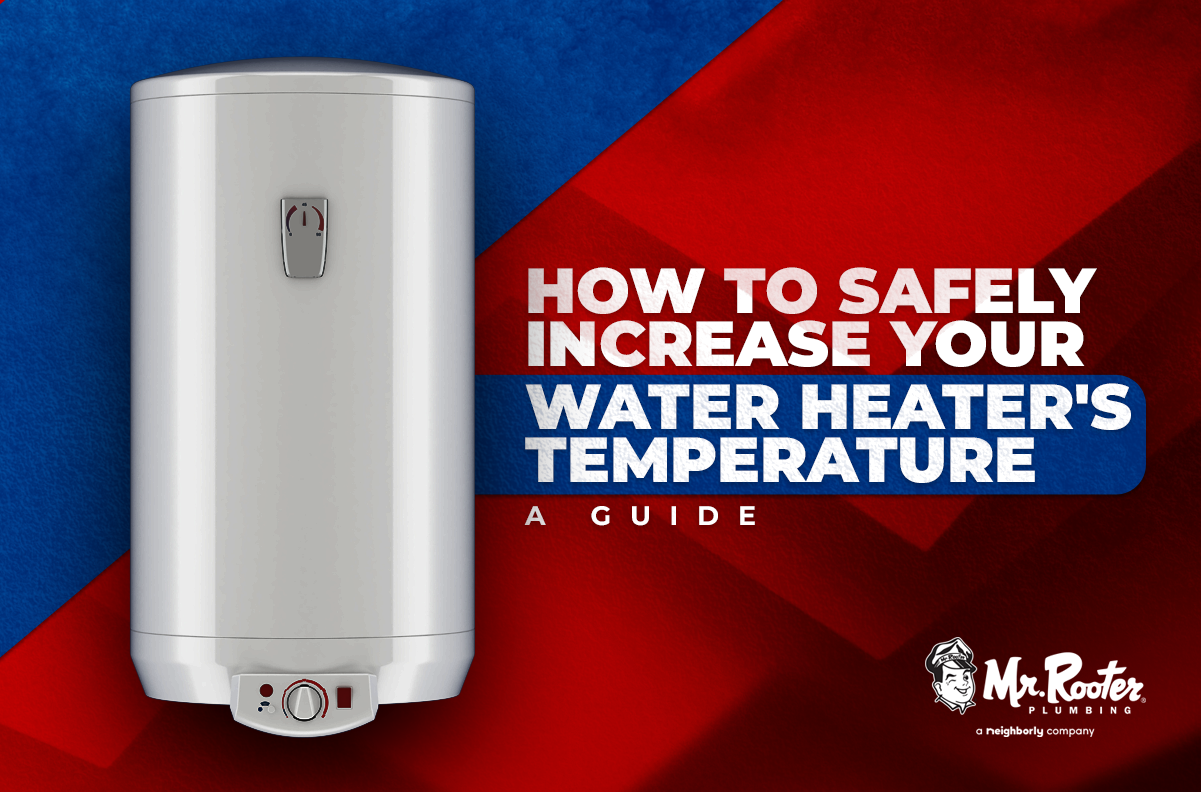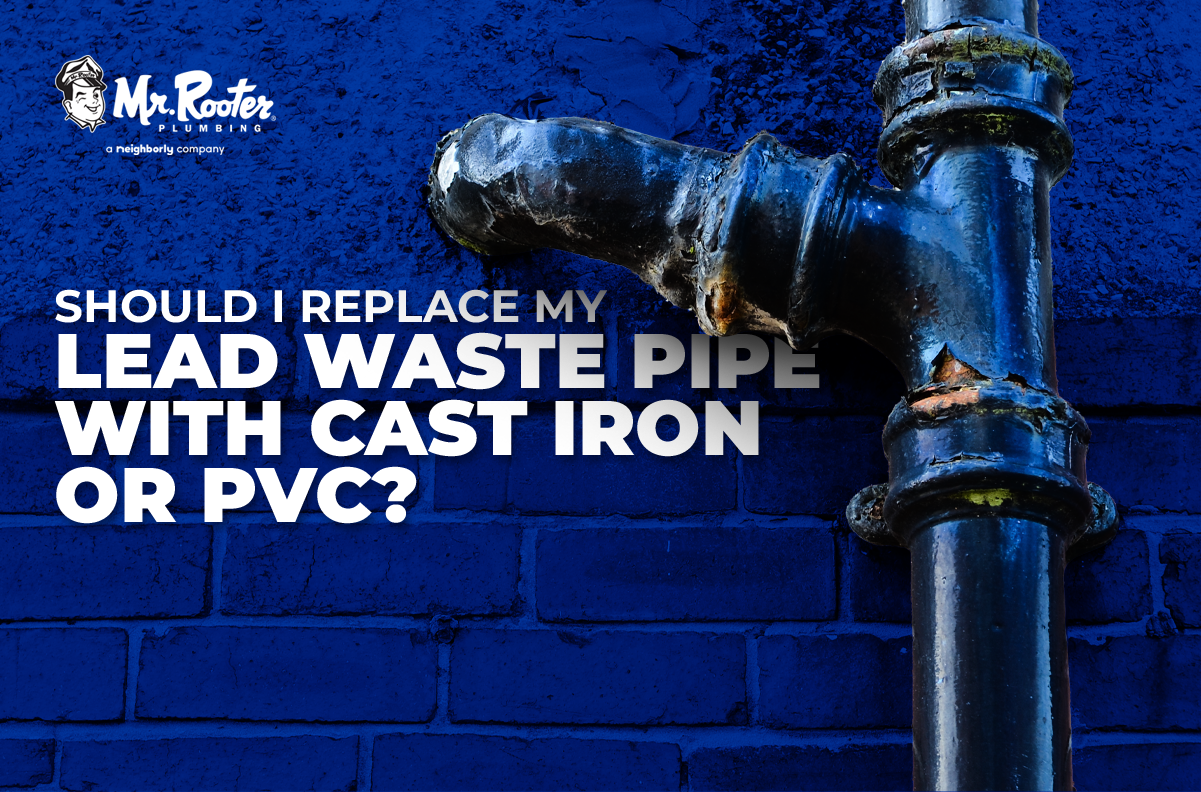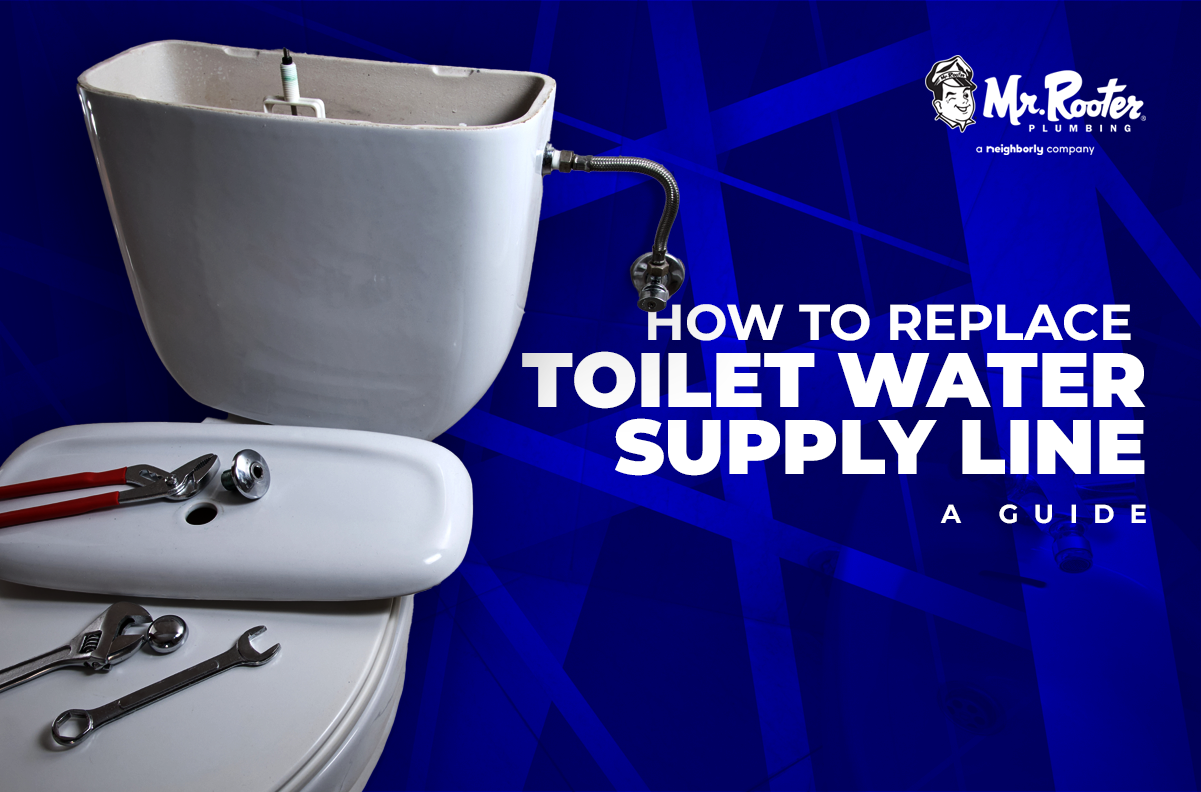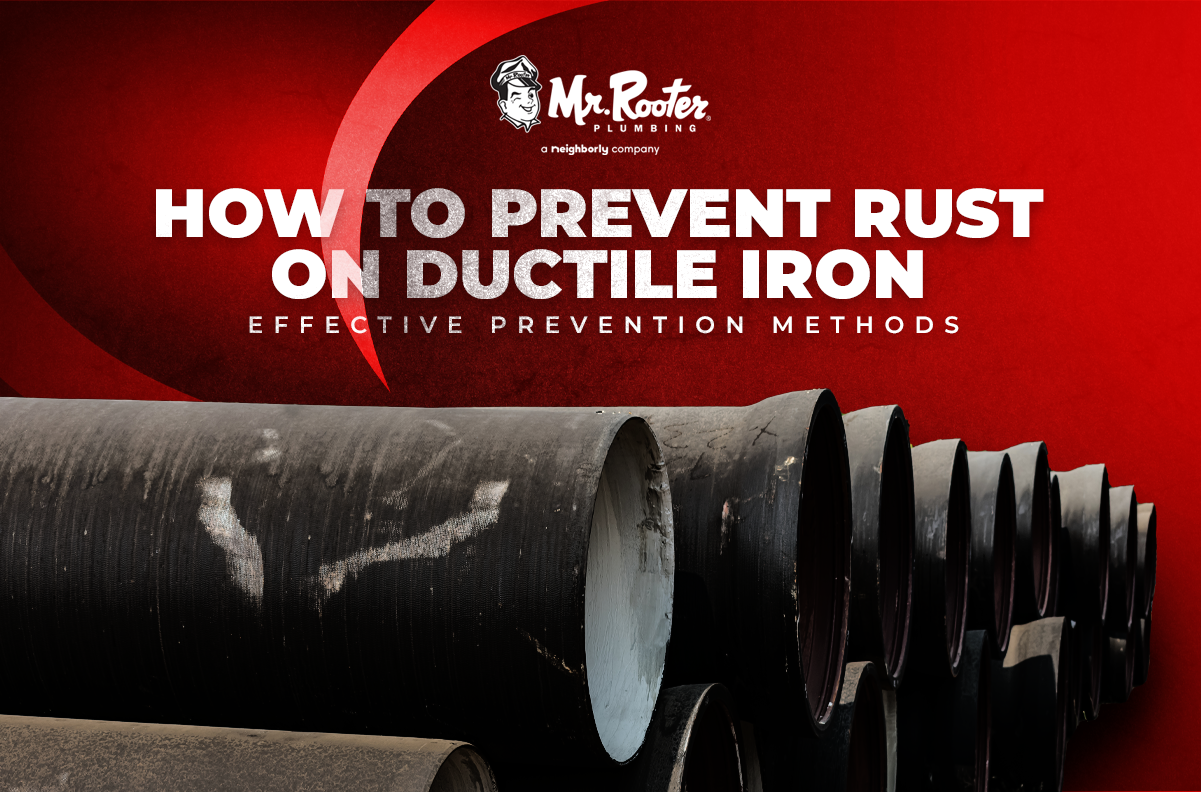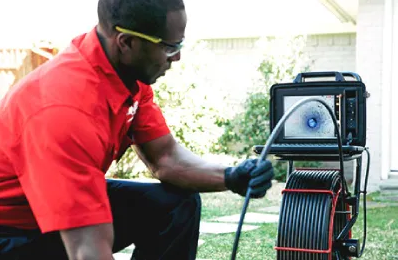Selecting the right plumbing material is crucial for homeowners and commercial space owners. In this guide, we’ll explore the differences between cast iron and galvanized pipes, helping you make informed decisions for your plumbing projects.
What is Cast Iron Pipe?

Cast iron pipes have stood the test of time, known for their durability and strength. Composed of iron and carbon, these pipes have been a staple in plumbing for centuries, particularly in municipal water distribution systems due to their resilience and ability to withstand high pressure.
Strengths of Cast Iron Pipes
- Durability: Cast iron pipes are known for their longevity and ability to withstand heavy loads.
- Fire Resistance: They maintain structural integrity even at high temperatures, making them ideal for fire protection systems.
Weaknesses of Cast Iron Pipes:
However, cast iron pipes are heavy and can be challenging to install. Additionally, they are susceptible to corrosion over time, especially in environments with acidic or alkaline water.
💡 By selecting high-quality options like cast iron pipes over potentially risky alternatives like galvanized pipes, you can avoid health issues, prevent costly repairs, and maintain a reliable water supply for your household.
What is a Galvanized Pipe?
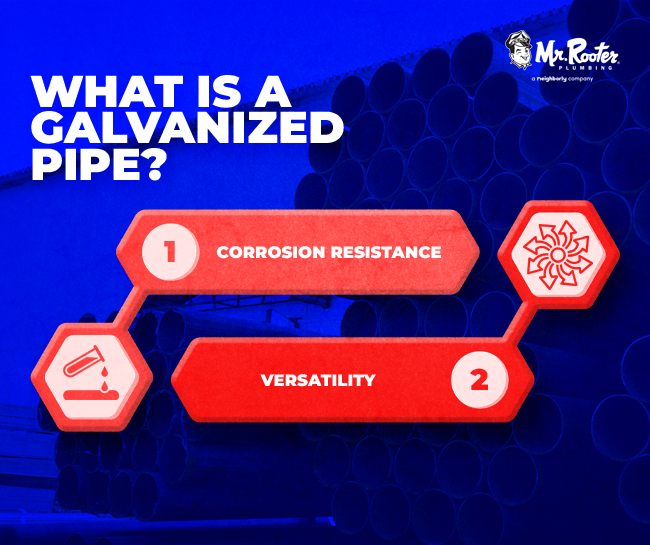
Galvanized pipes are steel pipes coated with a layer of zinc to prevent rust and corrosion. This process, called galvanization, provides excellent protection against the elements, making them suitable for indoor and outdoor plumbing applications.
Strengths of Galvanized Pipes :
- Corrosion Resistance: Galvanized pipes are protected by a zinc coating, making them resistant to rust and corrosion.
- Versatility: They can be used for various plumbing applications, both indoors and outdoors.
Weaknesses of Galvanized Pipes :
Despite their corrosion resistance, galvanized pipes may degrade over time, leading to rust and corrosion of the underlying steel. They also have a finite lifespan and may require replacement more frequently than other materials.
Comparing Strength and Durability :
When comparing the strength and durability of cast iron and galvanized pipes, it’s crucial to consider their intended applications. Cast iron pipes excel in underground installations and municipal water distribution systems, whereas galvanized pipes offer versatility but may require more frequent maintenance.
Suitability for Plumbing Applications :
- Cast Iron: Ideal for underground installations and municipal water distribution systems.
- Galvanized: Commonly used in residential plumbing for water supply lines and drainage systems.
When to Choose Galvanized Pipes and When to Choose Cast Iron Pipes
In selecting the right plumbing material, consider factors such as corrosion resistance, durability, and application requirements to make an informed decision.
Galvanized Pipes:
- Suitable for residential plumbing, especially in corrosive environments.
- Cost-effective and easier to install.
- Ideal for areas where corrosion is a concern, such as coastal regions.
Cast Iron Pipes:
- Preferred for underground installations and municipal water distribution systems.
- Known for durability and longevity.
- Ideal for applications requiring high resistance to pressure and heavy loads.
💡 Cast iron pipes offer superior sound insulation, reducing noise transmission within the plumbing system. This makes them ideal for residential applications where noise reduction is a priority.
Safety Concerns: Drinking Water:

While both types of pipes have been used for decades without significant health issues, concerns have been raised about the safety of drinking water from galvanized pipes due to the potential release of zinc particles. Cast iron pipes are generally considered safe for drinking water.
Both cast iron and galvanized pipes have their pros and cons. Cast iron pipes are durable but heavy and prone to corrosion, while galvanized pipes offer versatility but may degrade over time. Consider your specific needs and consult with a plumber to determine the best option for your plumbing project.

